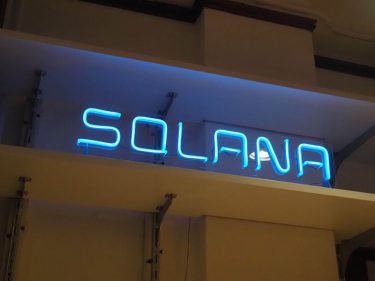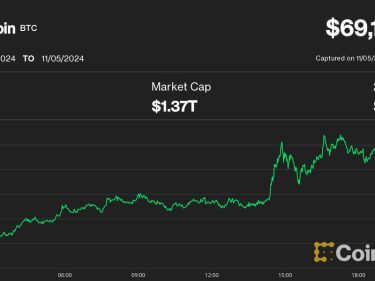Ether ETF’s Lack of Staking Won’t Dampen Strong Institutional Demand, 21Shares’ Ophelia Snyder Says
Lack of staking is unlikely to concern institutional investors, though retail investors may be upset, Synder said.
This difference in demand means there is a potential business case for providers to list separate, distinct products to satisfy both camps.
Institutional investors are unlikely to be concerned that U.S. spot ether (ETH) exchange-traded funds (ETFs) won’t be staking the underlying token to provide extra returns, according to Ophelia Snyder, a co-founder of digital asset manager 21Shares, even though retail investors would be keen to have that built-in.
The discrepancy means there is a potential business case for providers to list separate, distinct products to satisfy both camps, Snyder told CoinDesk in an interview.
Spot ether ETFs look set to list in the U.S. in the near future after the Securities and Exchange Commission (SEC) approved key regulatory filings from applicants last month. SEC Chair Gary Gensler told senators in a budget hearing last week that final approvals should be finished in coming months. Prospective providers have removed the provisions for staking from their applications to avoid potential regulatory roadblocks.
“One of the things that people forget is that staked assets have an impact on liquidity,” she said. “So, if ether’s unstaking period balloons to 22 days, which does happen, how do you deal with that?”
There have been suggestions that the lack of staking may damp investor appetite for ether ETFs. JPMorgan said at the end of May that it expects $3 billion worth of inflows by the end of 2024. That figure could double if staking were permitted.
Snyder, however, doesn’t think the absence of staking is an issue for institutional investors. If it were, they’d want to see a track record of asset managers executing effectively against withdrawal delays because of the intrinsic risk management that it requires, she said.
“For example, there could be months when the unstaking period is six or nine days, and that range can be so wide, it changes your liquidity requirements,” Snyder said. “And it doesn’t just jump from nine to 22 days. It actually slowly extends and if you monitor these things, there are data inputs that you can use to manage that portfolio such that you’re doing the right things in terms of maximizing returns while minimizing the probability of a liquidity issue.”
21Shares is likely to have a handle on the institutional market. Not only is it one of the existing providers of a spot bitcoin ETF in the U.S., it’s one of the largest exchange-traded product (ETP) issuers in Europe. Its ether ETP, which includes staking, has assets under management of around $532 million. Its SOL equivalent has $821 million. The company is also applying for a U.S. spot ether ETF. That specifically excludes staking as a source of income.
There’s another issue to consider too: government coffers. It is unclear how staking rewards will be treated from a tax point of view in the U.S., she said.
“If you want institutions to come and play, you need to start by making it easy,” she said. Non-staked products would be “more digestible” to an institutional audience even if they’re less popular with retail investors.




